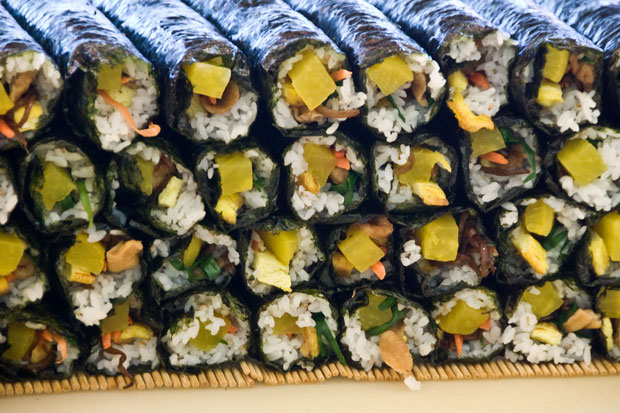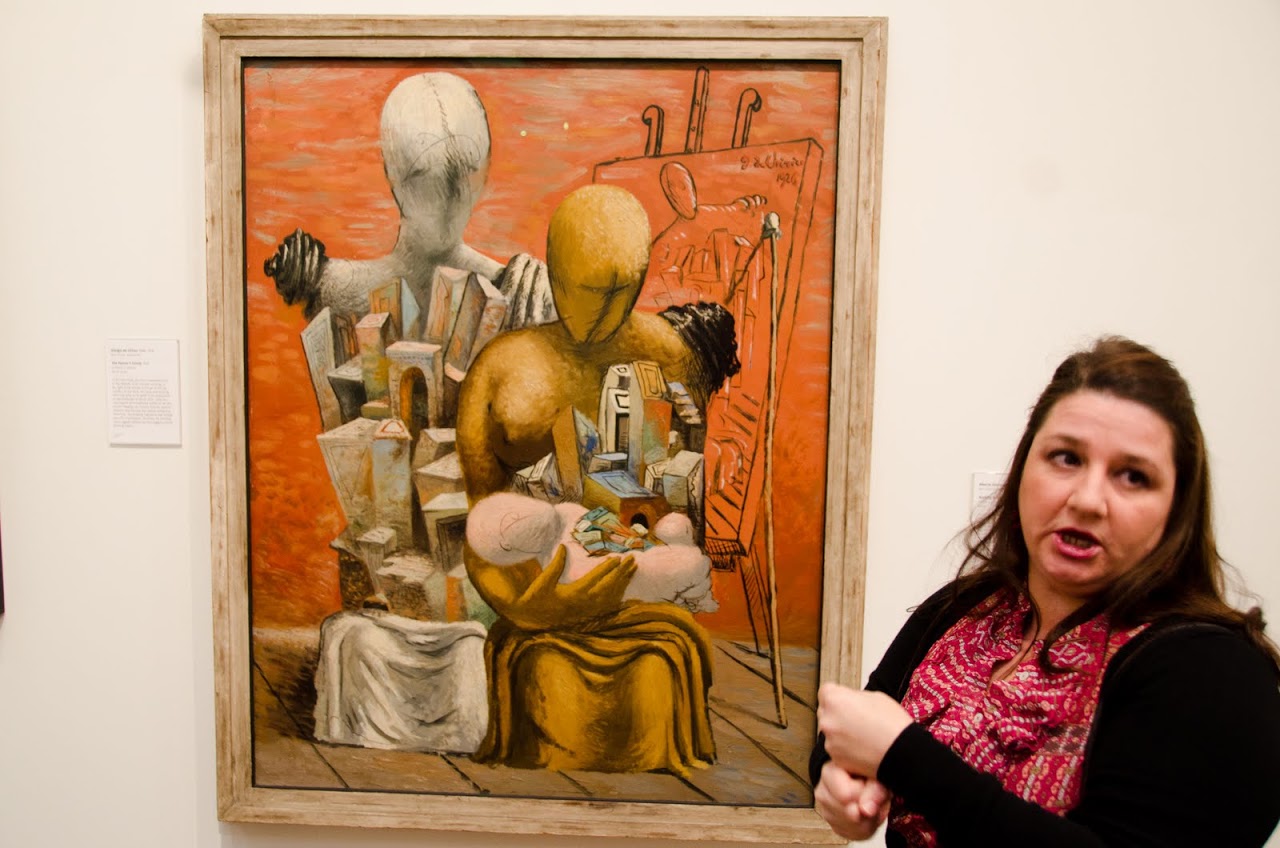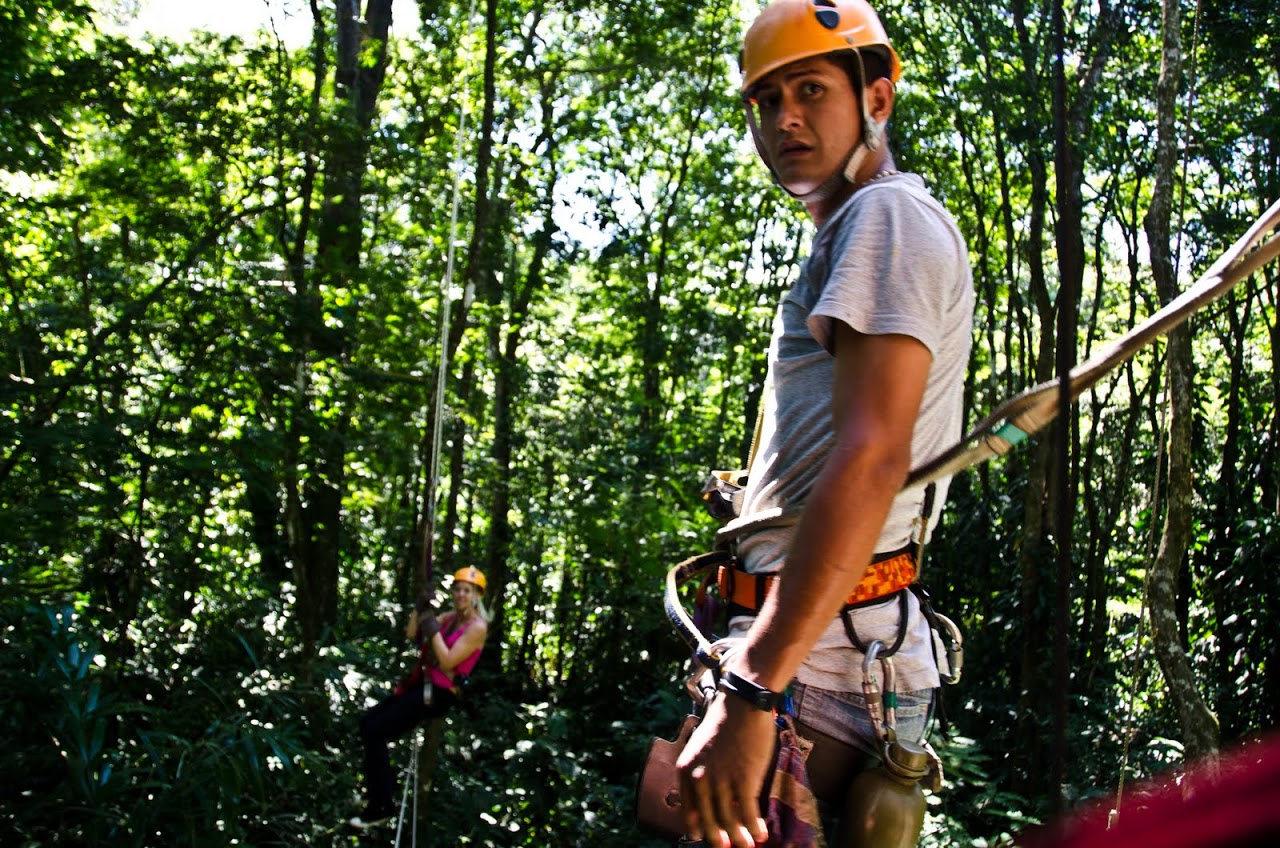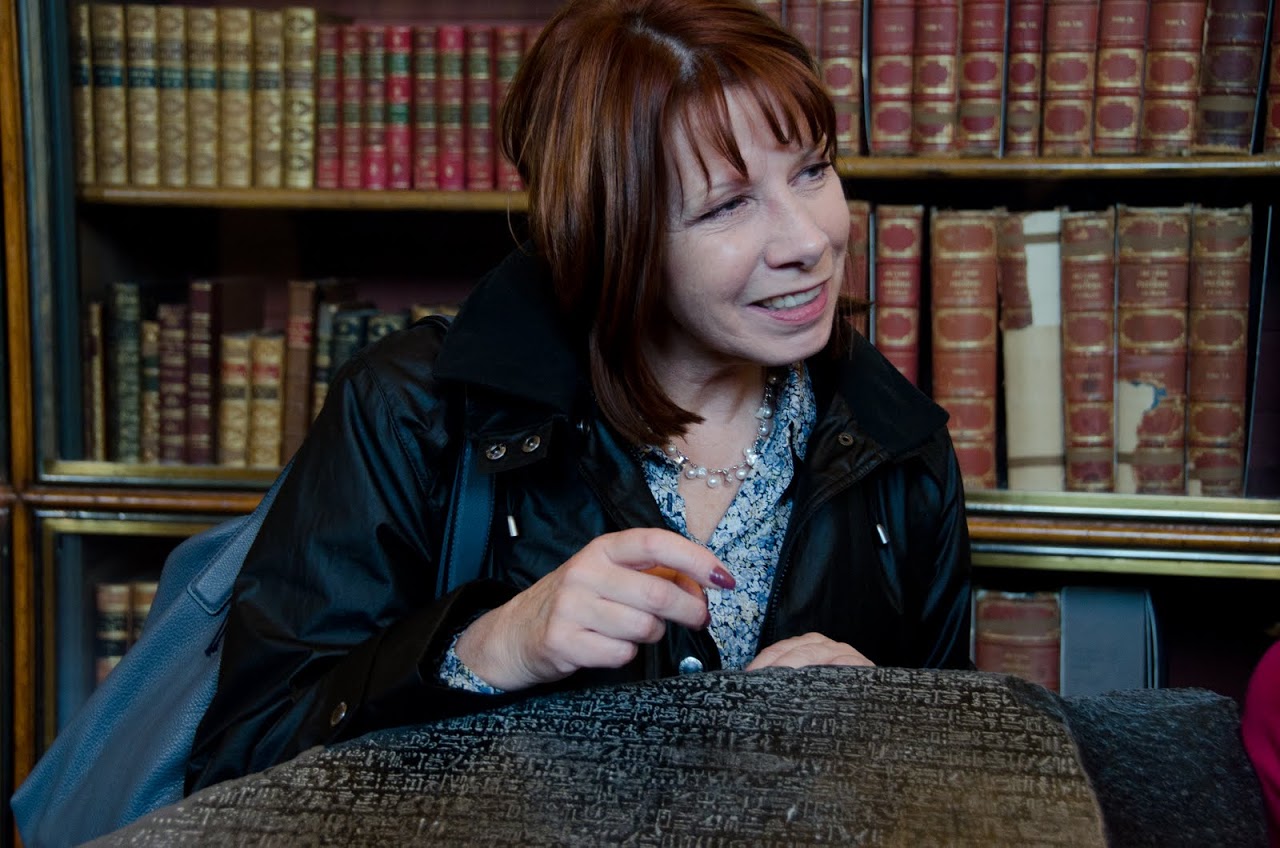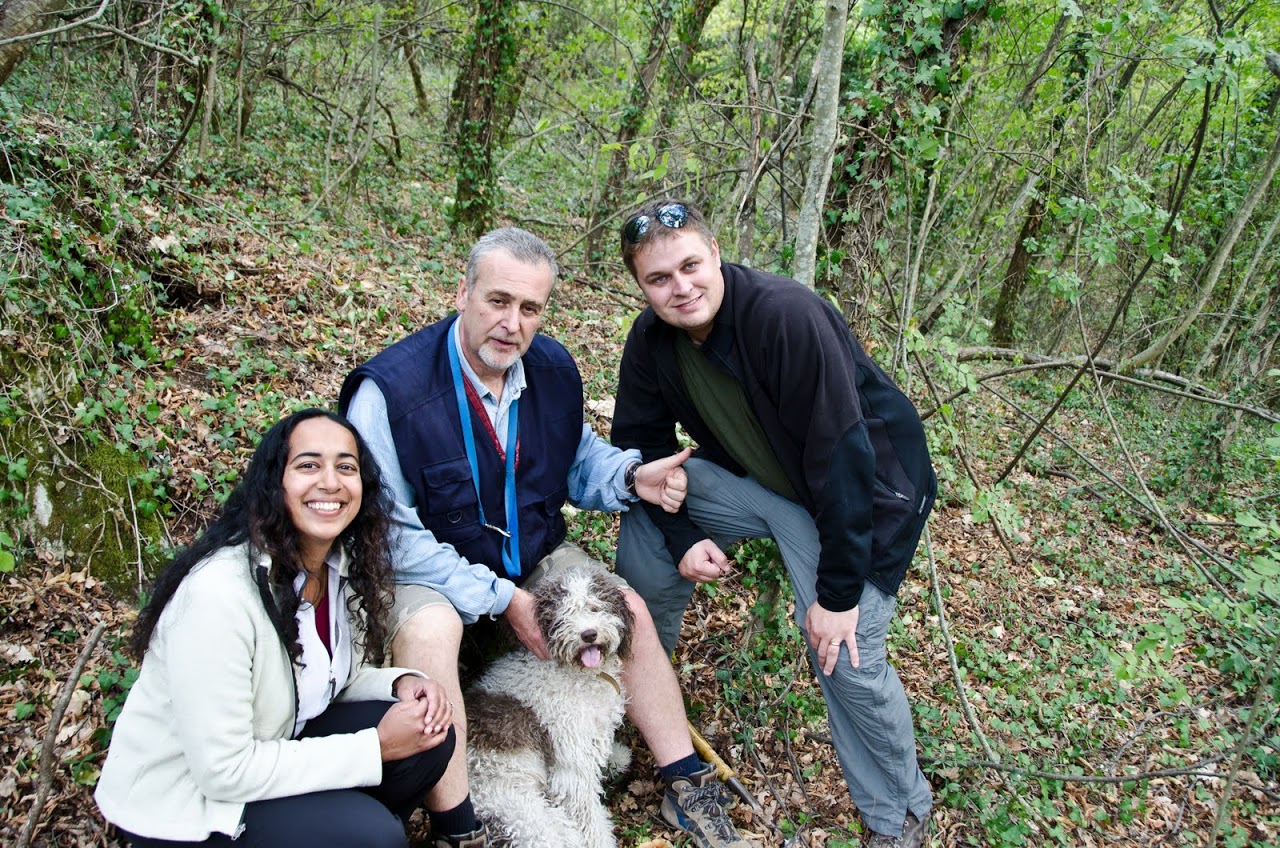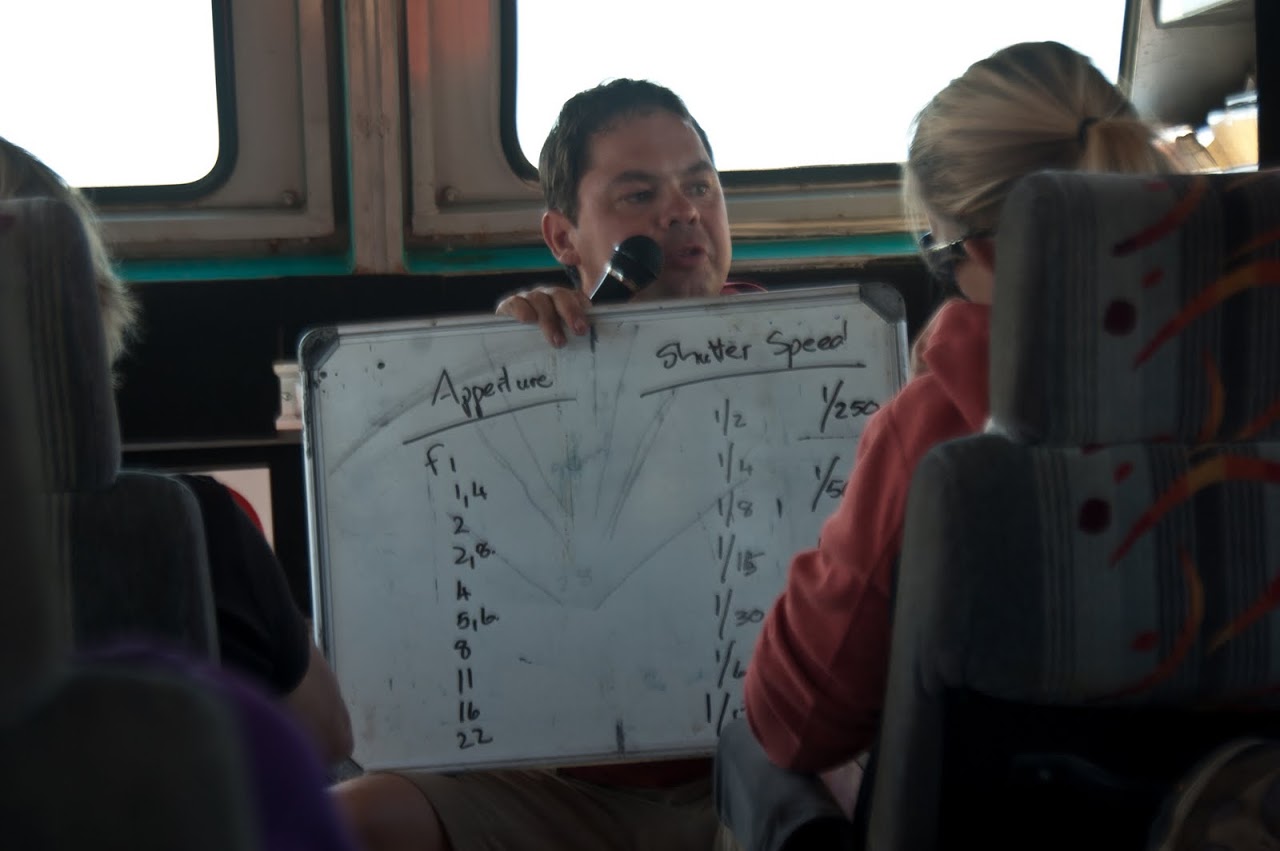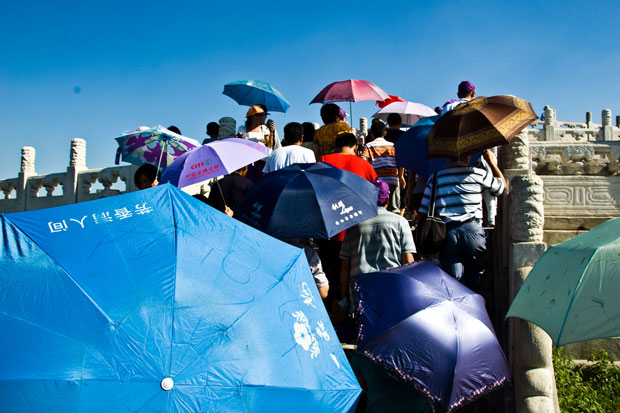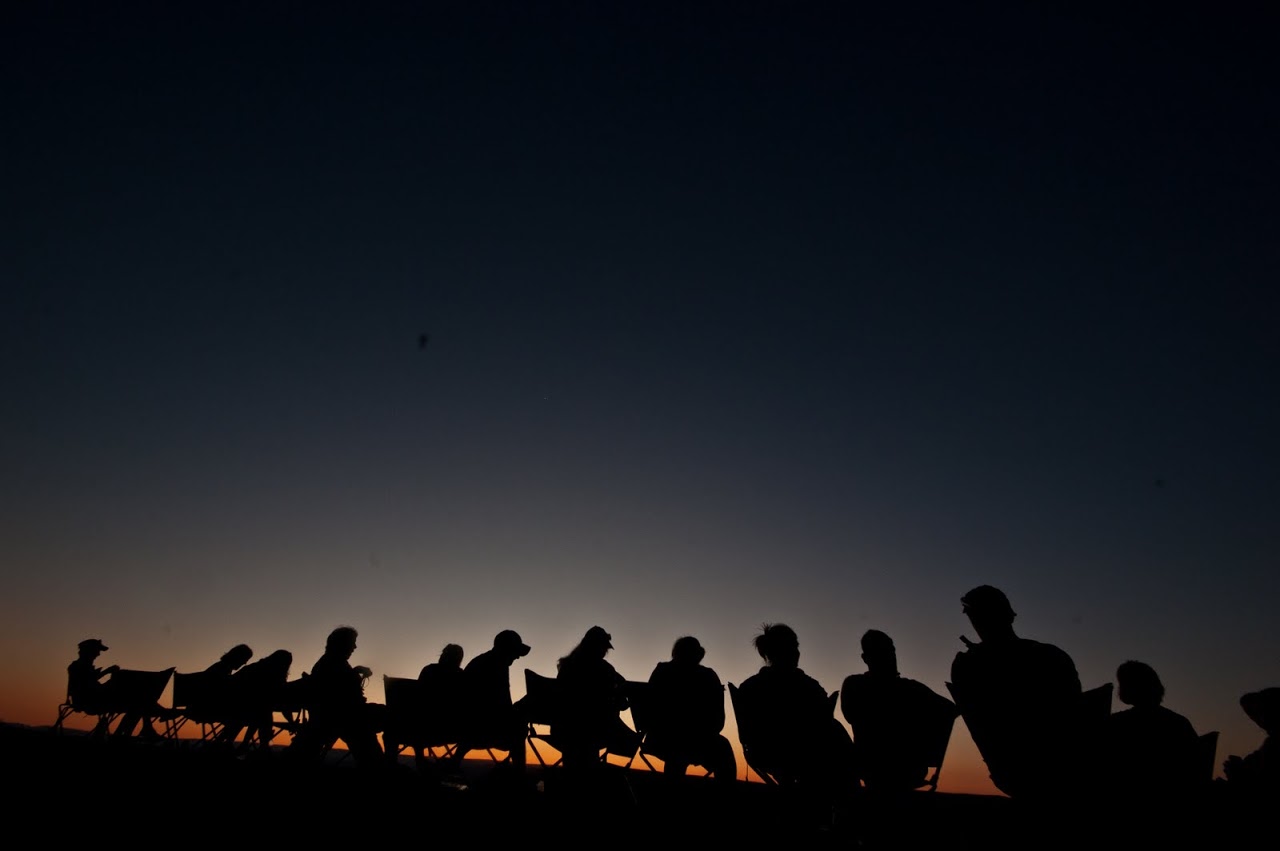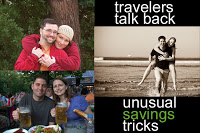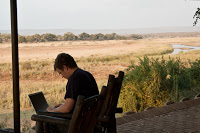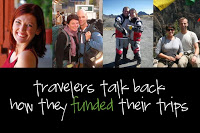I don't know where the last two months have gone. The hours and minutes flutter away from me into the ether. I'm not writing --- as is obvious from this very neglected blog --- and I'm not doing a ton of consulting work, either. Yet, I seem to be busy every single moment of every single day, from the minute I wake up until the minute I crash into my bed, completely exhausted from doing stuff and dealing with things.
Stuff and things . If you pin me down, I can point to specific things: finding a house in the finicky real estate market of Atlanta, calling mortgage companies and convincing them that our three year sabbatical does not pose a credit risk, closing on the house (yay!), and searching for a reliable contractor to remodel the kitchen and bathroom before we can move in. And, stuff --- oh stuff --- I seem to have no shortage of stuff lately: new light fixtures, a washer and dryer, paint, boxes upon boxes of accumulated stuff from our past lives, and a giant list of "to buy/register for baby items" because apparently an eight pound newborn needs as much stuff as a full-grown adult traveling the world. (Did you know this, by the way? People complain all the time about how much stuff babies need but, seriously, I packed for three years with less stuff than this baby's going to need in her first six months of life.)
I think part of the shock factor comes from the complete and total disconnect we had from everyday lives for the last three years. Bloggers always talk about reverse culture shock and how when they return from a long trip, they're frustrated by the lack of freedom they have or annoyed by conversations that center around television shows or pop culture references that they don't understand.
Those aspects of reverse culture shock are there for us --- occasionally, we sit at a restaurant and say to each other, "Do you realize that we can understand every conversation in this place?" --- but, in many ways, we don't really feel like we're back in the United States. We're still traveling, though right now our packed bags basically take us from my parents' house to Patrick's mom's house, as we try and get our new life in order. No, what I find disturbing and disconcerting about this new chapter of my life is how much stuff and things we seem to need . . . or want . . . or buy.
Here's a good example: in mid-September, we were looking at houses and we found this gorgeous home in an area we really liked. I spent a lot of time thinking about whether we should put an offer on it because it was a "bit small." I kept trying to figure out where all of our furniture, 50+ boxes of books, clothes, and more that we had stored in our ginormous storage facility would go. How would all of our stuff from our old life fit into our new life? After a little while, Patrick laughed and said, "You realize that the house is 1700 square feet and we've been living in hostels and apartments that usually run around 500 square feet for the last three years. That's not small."
It's a big shift from the days when everything we needed and wanted fit into two suitcases and two backpacks. It's not that I'm opposed to stuff, either. People always complain about the rampant consumerism of this country but, frankly, consumerism besets most first world nations. It's part of the reason that so many European nations are struggling with debt, after all.
No, I guess what I'm struggling with is the variety of options in the United States. The amount and abundance of stuff is simply overwhelming. It's two months since we've been back from Europe and, yesterday, when I walked into a Super Wal-mart, I thought to myself, "Wow. This is the size of about three Carrefours packed in together." And, if I'm not able to find what I want in a store, I can get online and order it from Amazon and have it on my doorstep within two days.
I'm waiting for the moment when living here will feel normal and ordinary and the hugeness of the grocery store won't surprise me every time I walk in. It hasn't happened yet. Maybe it will never happen. Maybe our three years on the road have fundamentally changed my perception of stuff and things.




